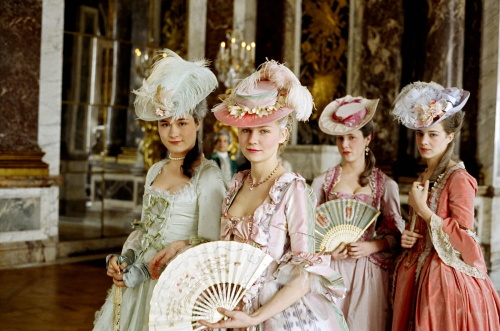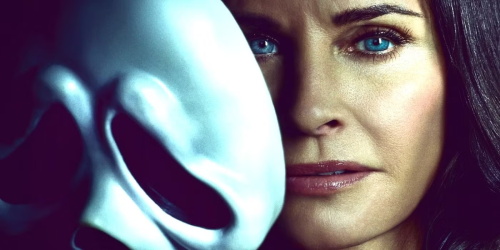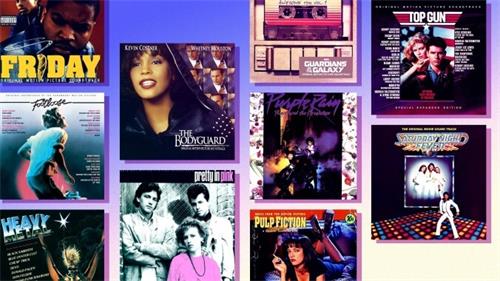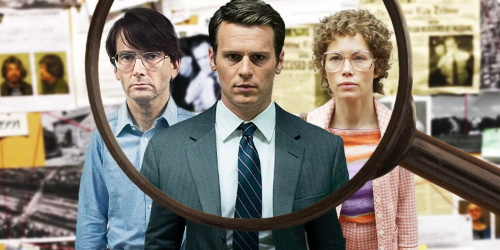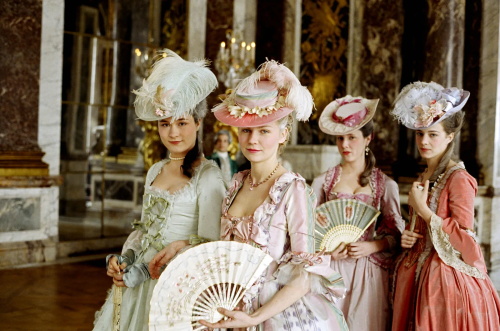
Historical dramas have steadily gained popularity in recent years, captivating audiences with their immersive storytelling, rich visual aesthetics, and emotional depth. From the grandeur of royal courts to the struggles of common folk, historical dramas transport viewers into another era, blending fact with fiction in an enticing way.
The appeal of historical dramas is not new, but their recent surge in popularity can be attributed to several key factors that align with modern-day interests and viewing habits. Audiences are increasingly drawn to these period pieces for reasons ranging from the longing for escapism to the desire for historical education.
1. Escapism and Nostalgia
One of the primary reasons historical dramas are flourishing is the innate human desire for escapism. In today's fast-paced, digital world, people often seek out entertainment that allows them to disconnect from reality. Historical dramas, with their intricate plots and lavish settings, offer viewers a chance to step into another time, experiencing different cultures, norms, and events that feel both distant and intimate.
Moreover, the nostalgic allure of past eras, whether medieval, Victorian, or ancient, taps into a longing for simpler times or for a world of grandeur and opulence. Shows like ‘Downton Abbey’, ‘The Crown’, and ‘Outlander’ provide audiences with a tantalizing glimpse into the lives of royals, aristocrats, and common folk alike, all while immersing them in captivating tales of romance, power struggles, and historical events. These dramas evoke a sense of longing for a past that feels romanticized and distant, satisfying both emotional and intellectual needs.
2. A Deep Dive into Human Nature
Historical dramas are more than just set pieces and costumes—they allow viewers to explore human nature across different time periods. These shows examine complex emotions such as love, ambition, betrayal, and loyalty through the lens of history. By watching characters navigate the challenges of their time, audiences are able to reflect on the human condition and consider how much of it remains timeless.
For example, shows like ‘Chernobyl’ take real-life historical events and portray them with intense emotional resonance. These kinds of dramas allow viewers to contemplate the social, political, and moral implications of historical events while also reflecting on how those events shaped the present. As the series explore universal themes—grief, survival, sacrifice—viewers are able to connect on a deeply emotional level with the characters, which enhances the appeal of historical dramas.
3. Relevance to Current Issues
Another compelling reason why historical dramas are gaining traction is their ability to provide context for present-day issues. History often repeats itself, and many contemporary challenges—such as social inequality, political corruption, and environmental crises—echo events from the past. As a result, historical dramas often feel highly relevant, even when they are set centuries ago.
For instance, ‘The Handmaid’s Tale’, while not strictly a historical drama, draws on themes from history to reflect on modern issues related to gender inequality, power dynamics, and societal control. Similarly, shows like ‘The Tudors’ or ‘Versailles’ examine the intricacies of monarchy and power struggles, offering insights into how rulers and leaders of the past navigated their reigns—insights that can be extrapolated to understanding modern political systems.
Additionally, historical dramas often highlight social movements, revolutions, and the struggles of marginalized groups, shedding light on historical figures or events that may have been overlooked in traditional education. These portrayals can spark conversations about justice, rights, and the fight for equality in the modern world, making historical dramas a mirror to our ongoing societal challenges.
4. Attention to Detail and Authenticity
In recent years, there has been a marked increase in the attention to detail and authenticity in historical dramas. With advancements in technology, set design, costume design, and research, the level of realism in these shows has reached new heights. Viewers are increasingly drawn to the authenticity and attention to historical accuracy in these productions, as they provide a visual feast that complements the storytelling.
Shows like ‘Game of Thrones’, ‘The Last Kingdom’, and ‘Victoria’ all showcase intricate sets and costumes that transport viewers to the time periods they represent. Thanks to advancements in CGI and thorough historical research, filmmakers can recreate past eras with remarkable accuracy, providing viewers with an experience that makes them feel like they are witnessing history in real time.
5. Globalization of Content
The growth of streaming services such as Netflix, Hulu, and Amazon Prime has greatly increased the accessibility and popularity of historical dramas, allowing them to reach a broader audience. These platforms have made it easier for international audiences to access content from different cultures and historical periods. As a result, historical dramas are no longer confined to specific geographic regions or cultural contexts.
For example, the success of ‘Money Heist’ (a Spanish historical drama), ‘Barbarians’ (a German series), and ‘Sacred Games’ (an Indian drama) demonstrates how historical narratives can transcend borders. Global audiences are now exposed to a broader array of historical dramas, allowing them to experience new perspectives and discover fascinating historical moments they may not have otherwise encountered.
6. Celebrity Power and Strong Performances
Another contributing factor to the popularity of historical dramas is the allure of the cast. Many of these shows feature A-list actors and actresses, whose performances elevate the material and draw audiences in. Whether it’s Claire Foy's portrayal of Queen Elizabeth II in ‘The Crown’ or Timothée Chalamet's role in ‘The King’, star power plays a crucial role in enticing viewers to watch historical dramas.
Moreover, strong performances in these series often lead to critical acclaim, award nominations, and widespread recognition, further fueling interest in these kinds of shows. Historical dramas, which often deal with complex characters and intricate narratives, give actors the chance to showcase their talents in ways that resonate deeply with audiences.


